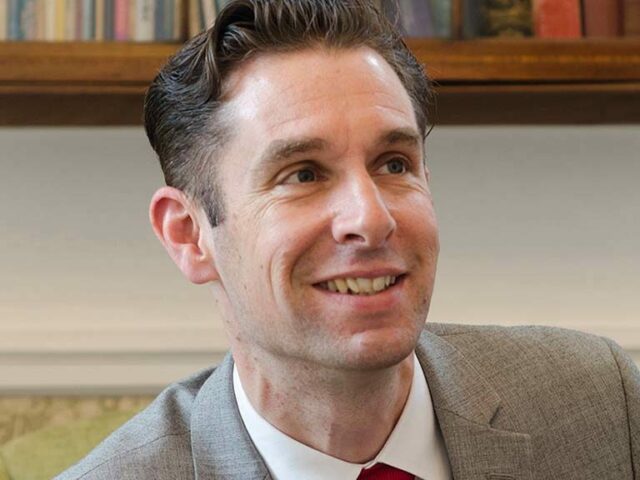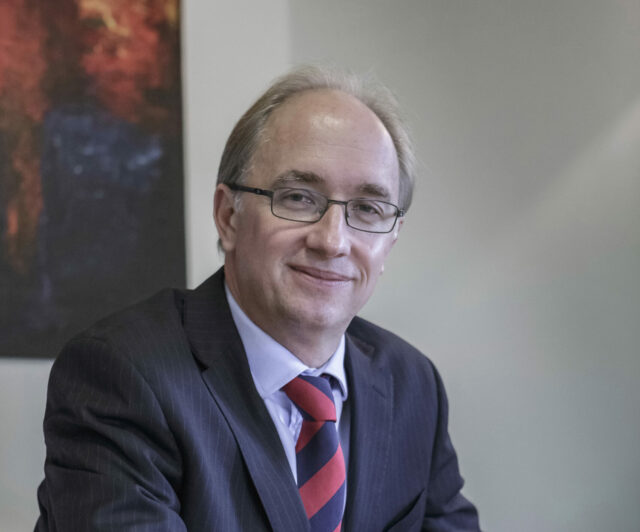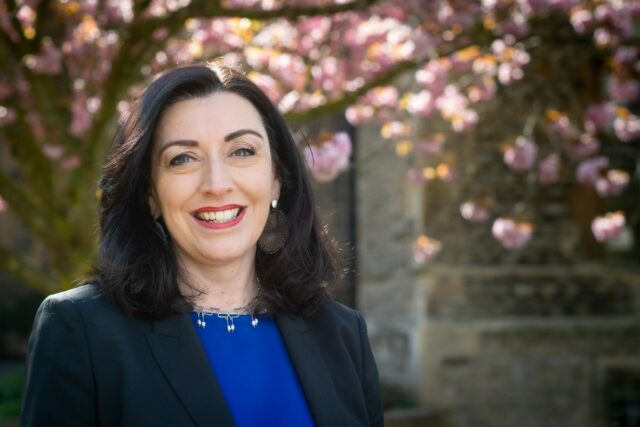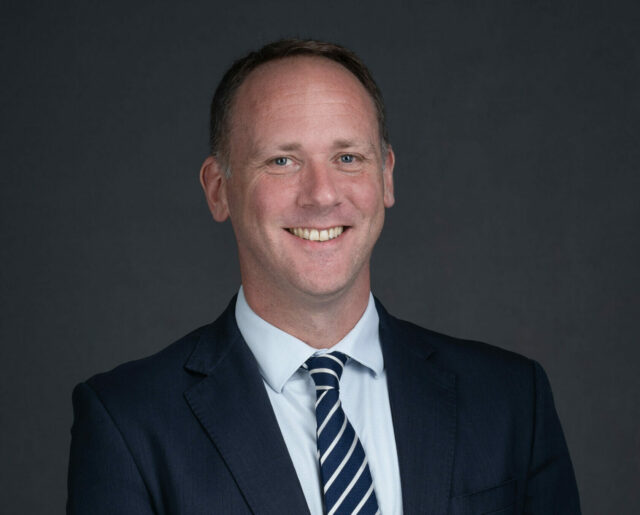Blog
Destination University – a toolkit for widening participation

Charles Fillingham
Headmaster, Solihull School
Read the blog
To view the widening access online toolkit, please click here.
Some schools have only a very few Sixth Formers who come from less-advantaged backgrounds, for others it is the majority of their students who are in receipt of Free School Meals or who would be the first in their family to apply to university. There are no schools, however, with zero pupils in the “widening participation” category. That means that every school, really every school in the country, stands to benefit from reading the booklet published today. Destination University is full of hints and advice about how to support applications to high-tariff universities for young people who are less-advantaged or face significant barriers to Higher Education.
The online resource published today has been nearly 12 months in the making and it comes as a result of genuine collaboration of schools, colleges, universities and third sector organisations.
The intended readership for this online booklet is Headteachers, Deputy Headteachers, Heads of Sixth Form, Heads of Careers and those who support the UCAS process. Many of the tips included will be common sense for those who have spent a number of years working to encourage less-advantaged young people to apply to university, but it is often a relatively junior member of staff who is the Head of Year 10 or the Head of Careers and, as such, who plays a massive role is guiding pupils and laying the groundwork for the university application which may follow in Year 13.
What makes this collaboration stand out from the crowd is that it is a truly cross-sector partnership. The 30 contributors are mainly state school headteachers, but CEOs of charities working in this area of education have also written, 3 universities have submitted copy for the booklet, 6 current university students have also given their testimonies and a handful of independent school headteachers have written too.
Some may ask how independent school Heads, such as myself, are qualified to speak up in support of widening participation. Clearly, in independent schools do not hold the monopoly on good ideas, but we do have considerable expertise in applying to selective universities and we do have thousands of pupils in our schools who come from less-advantaged backgrounds. The fees at independent school can, of course, be very expensive, so many students attend our schools at no charge – their fees are paid by other parents, by former pupils or by charitable foundations set up to support the education of those who could not afford it themselves. As a result, independent schools are a part of the conversation around widening participation and they can be also be a part of the solution.
What is more the people who work in and who lead independent schools these days are motivated to enable their schools to be a force for good in our society. In 2019, as part of an MSc research project, I undertook research into the relationships between state school headteachers and private school headteachers in Great Britain. What this uncovered is that hostility between the two sectors simply does not exist – perhaps it never did, or perhaps it has faded away. Twenty-first century school leaders across the entire education sector believe in the value of an excellent education for all, they often see themselves as agents of social mobility for their pupils, and they are prepared to work together for the good of their pupils.
Destination University is a great example of many people working together for the good of our whole society. It contains practical hints and tips which will be helpful whatever setting we work in.


